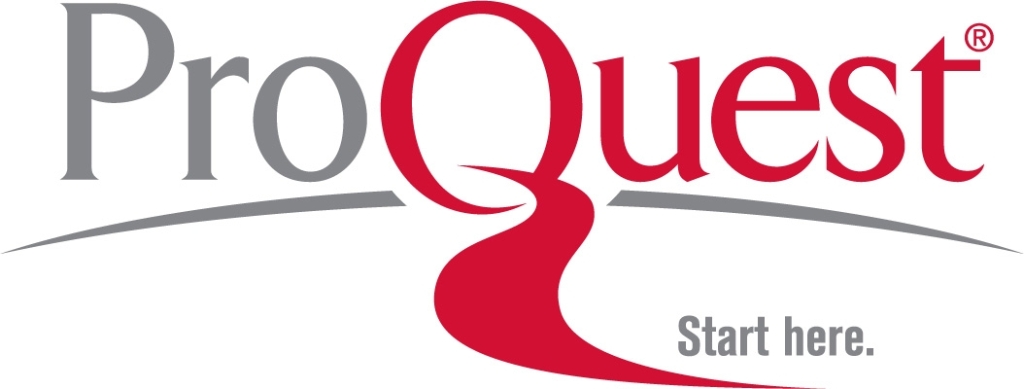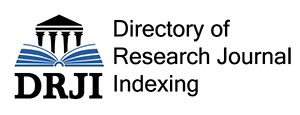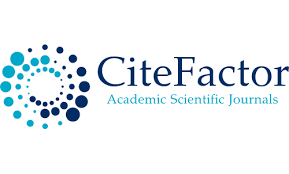TRANSFORMATIONAL LEADERSHIP AND ORGANIZATIONAL EFFECTIVENESS: A SYSTEMATIC REVIEW OF MEDIATORS, MODERATORS, AND SECTORAL VARIATIONS
DOI:
https://doi.org/10.51200/lbibf.v22i2.5866Abstract
Although the positive impact of Transformational Leadership (TL) on Organizational Effectiveness (OE) is widely acknowledged, there remains a lack of understanding regarding the specific factors and conditions that optimize this relationship. This study addresses this gap by systematically reviewing 23 empirical studies across various sectors—including education, healthcare, banking, manufacturing, and hospitality—to identify the critical mediating and moderating processes that influence the TL-OE relationship. The findings show that TL impacts OE through varied mediating and moderating factors across sectors. Key mediators—including organizational commitment, job satisfaction, organizational culture, innovative behavior, and psychological empowerment—enhance the relationship between TL and OE. In addition, organizational structure, job demands, and knowledge sharing act as critical moderators, shaping the strength of this relationship. Each sector—education, healthcare, banking, manufacturing, and hospitality—presents unique contextual and operational characteristics that affect the effectiveness of TL, highlighting specific needs and challenges in implementing TL to enhance OE. These findings provide valuable guidance for organizational leaders, suggesting that customized TL approaches aligned with sector-specific characteristics and demands are important to optimizing OE.
Downloads
Published
How to Cite
Issue
Section
License
Copyright (c) 2024 Labuan Bulletin of International Business and Finance (LBIBF)

This work is licensed under a Creative Commons Attribution 4.0 International License.

















